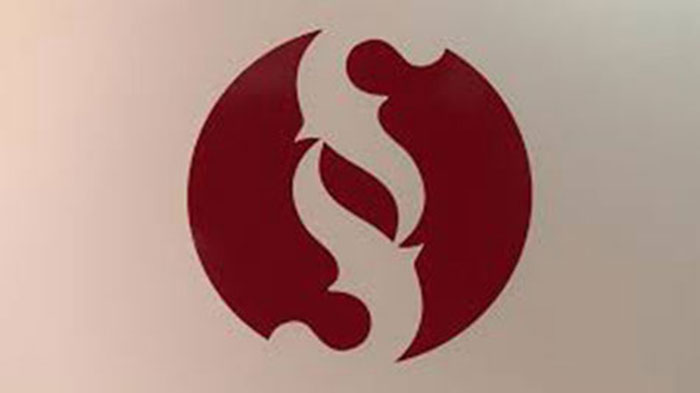Serbian media should be seen as the key factor in the fight against corruption, whereas government institutions should be more effective and free of political interference, concluded the Conference organised on the occasion of International Anti-Corruption Day by Anti-Corruption Agency.
Titled “Journalists as Partners in Fight against Corruption”, the Conference pointed to a series of issues faced by organisations and individuals who fought against corruption.
At the opening of the Conference, Director of Anti-Corruption Agency Tatjana Babic said that Serbian institutions, judicial ones above all, should be more efficient and free of any political interference.
Head of Information, Communication and Press at the EU Delegation to Serbia Ramunas Janušauskas said that the EU supported Serbian efforts in fighting corruption. He, however, said that “in order to tackle corruption, one needs to strengthen freedom of expression and of media, independent supervisory institutions, accountability, and the rule of law in general.“
He reminded about the recent attack on on a member of the Anti-corruption Council, Ms Miroslava Milenovic, who has been working on the media reports and added that “all cases of attacks, either physical attacks or threats, on media, civil society and investigative journalists as well as on investigators working on corruption issues in institutions of the government or in independent agencies must be swiftly dealt with by the competent authorities, and perpetrators should be brought to justice.“
Janušauskas also said that “this year’s country report by the European Commission has made the point that cases of corruption exposed by media have not yet been fully investigated and adjudicated in Serbia. We do hope that with the implementation of the Action Plan for Chapter 23 this pattern will change,” said Ramunas Janušauskas.
Speaking about the media, representative of Journalists’ Association of Serbia Ljiljana Smajlovic said that it when it comes to financing media, transparency of money flows was essential, not only in terms of public money, but also in terms of money coming from foreign sources and international organisations.
President of the Independent Association of Journalists of Serbia Vukasin Obradovic said that the media exposed the State as the generator of corruption but “in stead of being fighters against corruption, the media joined the corruption chain.”
President of Anti-Corruption Council Miroslav Milicevic pointed to the phenomenon of self-censorship which, due to unemployment, had become necessary feature in order to survive.




